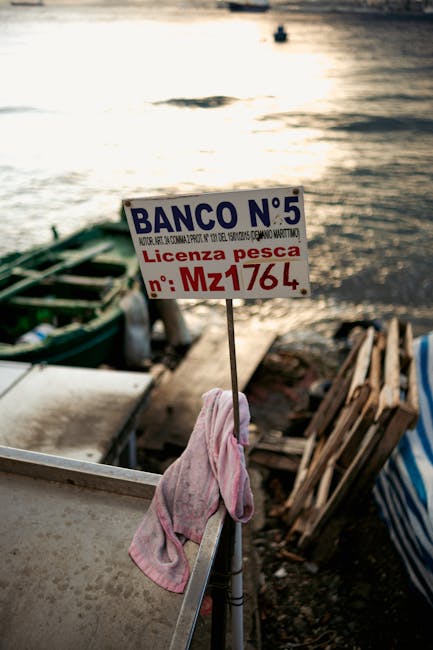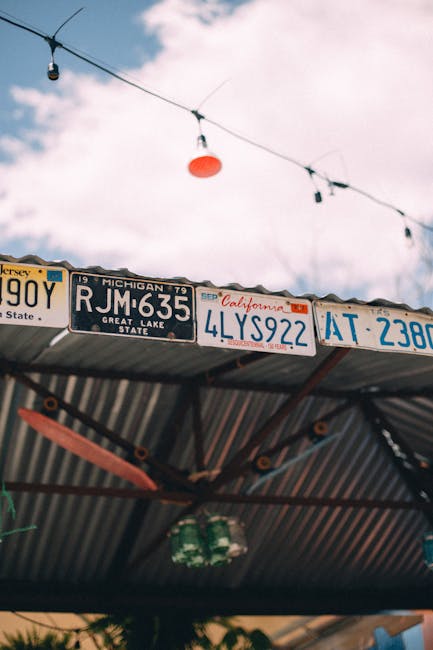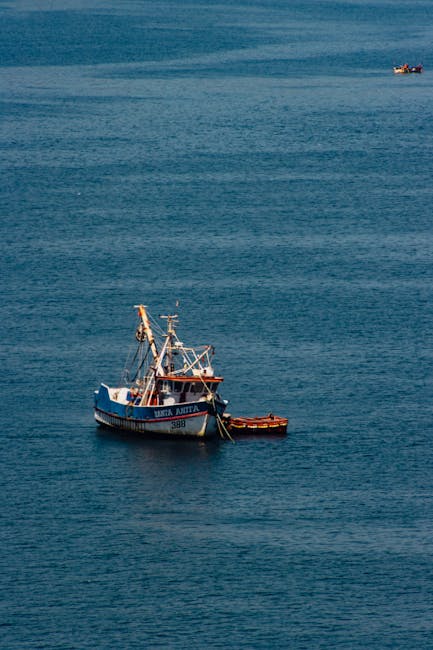Your Complete Guide to Obtaining a Michigan DNR Fishing License: Regulations, Types, and Online Application
Michigan, with its vast network of inland lakes and access to the Great Lakes, is a renowned fishing destination. Whether you’re an experienced angler or just starting out, obtaining a Michigan Department of Natural Resources (DNR) fishing license is essential. This comprehensive guide will walk you through the entire process, covering everything from understanding different license types to navigating the online application system.

Understanding Michigan Fishing License Types
The Michigan DNR offers a variety of fishing licenses to cater to different needs and angling styles. Choosing the right one is crucial to ensure you’re complying with state regulations and avoiding potential fines. Here’s a breakdown of the common license types:
- Resident Annual Fishing License: This is the most common license for Michigan residents. It allows fishing for an entire year.
- Non-Resident Annual Fishing License: Designed for those who are not Michigan residents but plan to fish frequently throughout the year.
- Resident Short-Term Fishing License: This option is perfect for occasional anglers or those who only plan to fish for a short period.
- Non-Resident Short-Term Fishing License: Similar to the resident short-term license, but for non-residents.
- Combination Hunting and Fishing License: This license bundles both hunting and fishing privileges, offering a cost-effective option for those participating in both activities.
- Youth Fishing License (ages 17 and under): Free for Michigan residents, offering access to fishing opportunities for young anglers.
- Disabled Veteran’s Fishing License: This license provides free access to fishing for eligible disabled veterans.
It’s important to note that specific regulations and license requirements may vary depending on your age, residency status, and the type of fishing you plan to undertake. Always refer to the official Michigan DNR website for the most up-to-date information.
How to Apply for Your Michigan DNR Fishing License Online
The easiest and most convenient way to obtain your Michigan fishing license is through the DNR’s online system. Here’s a step-by-step guide:

- Visit the Michigan DNR website: Navigate to the official Michigan DNR website and locate the section dedicated to licensing and permits.
- Create an account (if you don’t have one): You’ll need to create a MI DNR account. This involves providing some basic personal information.
- Select your license type: Choose the appropriate fishing license based on your residency status, age, and fishing plans.
- Provide required information: Accurately fill in all required fields, ensuring the information matches your official identification documents.
- Pay the fee: Securely pay the license fee using your chosen payment method. The website accepts various forms of payment, including credit and debit cards.
- Download or print your license: Once your payment is processed, you’ll be able to download or print your digital fishing license. It’s crucial to keep a copy readily available for presentation to conservation officers.
Important Regulations and Considerations
Obtaining a license is only the first step. Understanding Michigan’s fishing regulations is vital to ensuring a safe and enjoyable experience. Key aspects to consider include:
Size and Creel Limits
Michigan has specific size and creel limits for various fish species. These limits are designed to protect fish populations and maintain sustainable fishing practices. Failing to adhere to these limits can result in significant fines.
Fishing Seasons
Certain species have designated open and closed seasons. It’s crucial to familiarize yourself with these seasons before heading out for a fishing trip to avoid any violations.
Fishing Locations
Some areas may have restricted access or specific regulations regarding fishing. Always check the regulations for the specific body of water you intend to fish.
Required Gear
Depending on the fishing method and location, certain gear may be required. For example, specific types of hooks or lines might be mandated.
Reporting Requirements
In some cases, anglers may be required to report their catches to help the DNR monitor fish populations.
Troubleshooting and FAQs
Here are some common questions and troubleshooting tips related to obtaining a Michigan DNR fishing license:
Q: I’m having trouble accessing the online application. What should I do?
A: Ensure you have a stable internet connection and clear your browser cache and cookies. If issues persist, contact the Michigan DNR’s customer service for assistance.
Q: I lost my fishing license. How can I get a replacement?
A: You can typically obtain a replacement through the online portal by logging into your account. Contact the DNR if you have trouble accessing your account.

Q: What happens if I fish without a license?
A: Fishing without a valid license in Michigan is a violation that can result in substantial fines and potential court appearances.
Q: Where can I find more detailed information about Michigan fishing regulations?
A: The official Michigan DNR website provides a comprehensive guide to all fishing regulations, updated regularly. You can also find helpful resources at local sporting goods stores and bait shops.
Conclusion
Obtaining a Michigan DNR fishing license is a straightforward process, especially when utilizing the online application system. However, remember that obtaining a license is just the first step. Understanding and adhering to Michigan’s fishing regulations is essential for responsible angling and contributes to preserving the state’s valuable fishing resources for generations to come. Always consult the official DNR website for the most current information and regulations before your next fishing adventure.

